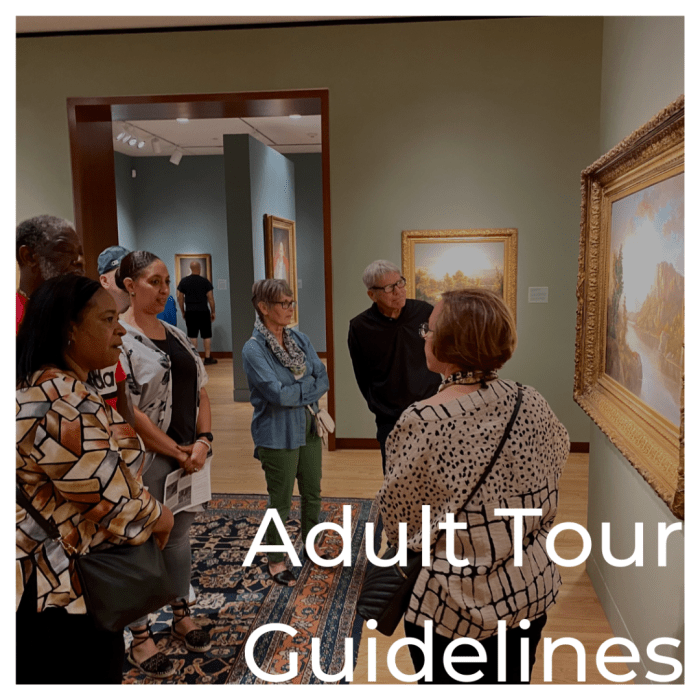Educational Travel Tours For Adults offer a unique blend of learning and leisure, catering to a growing segment of travelers seeking enriching experiences beyond typical vacations. These tours, meticulously crafted to engage adult learners, go beyond sightseeing, incorporating interactive workshops, expert lectures, and immersive cultural encounters. The result is a transformative journey that expands horizons and fosters intellectual growth, appealing to a wide range of interests and learning styles.
This guide delves into the intricacies of designing, marketing, and operating successful educational travel tours for adults. We’ll explore various tour types, from historical explorations to culinary adventures, examining the key elements that contribute to a compelling and enriching experience. We’ll also cover crucial logistical and operational aspects, ensuring the safety and well-being of participants while maximizing the educational value of each journey.
Ultimately, this guide aims to provide a comprehensive framework for those seeking to create and deliver exceptional educational travel experiences for the discerning adult traveler.
Marketing and Promotion Strategies: Educational Travel Tours For Adults

Attracting adult learners to educational travel tours requires a multifaceted marketing approach that leverages both traditional and digital channels. A well-defined strategy, incorporating compelling content and targeted outreach, is crucial for maximizing reach and conversion rates. This section details a comprehensive marketing plan designed to resonate with the specific needs and interests of this demographic.
Target Audience Segmentation and Messaging
Effective marketing hinges on understanding the target audience. Adult learners are a diverse group, with varying motivations, budgets, and learning styles. Segmentation is key. For example, we might segment by interest (history, art, culinary arts), budget (luxury, budget-friendly), and learning style (independent, group-based). Messaging should be tailored to each segment.
A brochure emphasizing immersive experiences might appeal to those seeking cultural immersion, while a website highlighting practical skills development could attract professionals seeking career advancement. This precision ensures marketing materials resonate and conversion rates improve.
Marketing Materials: Brochures and Website Content
Brochures should feature high-quality photography showcasing the tour destinations and activities. Clear, concise descriptions of the itinerary, learning objectives, and instructor credentials are essential. Testimonials from past participants add credibility. The website should mirror the brochure’s professionalism, offering detailed information on each tour, including pricing, dates, and registration. Interactive elements, such as virtual tours or 360° imagery, can enhance user engagement.
The site should also include a blog featuring articles related to the tour destinations or themes, attracting organic traffic through search engine optimization ().
Effective Marketing Channels
Reaching the target audience requires a multi-channel approach. Social media platforms like Facebook and Instagram are ideal for visually-driven campaigns showcasing tour highlights. Targeted advertising on these platforms allows for precise audience segmentation. Partnerships with travel agencies specializing in educational tours can expand reach and leverage their established client base. Online advertising through search engine marketing (SEM) and display advertising on relevant websites can further increase visibility.
Email marketing, nurtured through a carefully constructed list of potential customers, can deliver targeted communications about upcoming tours and special offers.
Building Trust and Credibility Through Testimonials and Case Studies, Educational Travel Tours For Adults
Testimonials from satisfied participants are powerful tools for building trust. These should be genuine and highlight the positive experiences and learning outcomes. Including quotes directly from past participants in brochures and website content adds a personal touch and increases credibility. Case studies that delve deeper into specific participant journeys, demonstrating tangible benefits like career advancement or personal growth, can further strengthen the marketing message.
For example, a case study could detail how a participant’s experience on a culinary tour led to a new career opportunity or how a historical tour deepened their understanding of a particular era.
In conclusion, the success of educational travel tours for adults hinges on a carefully curated blend of engaging curriculum, seamless logistics, and effective marketing. By understanding the diverse motivations and learning styles of the target audience, and by leveraging innovative learning techniques and responsible travel practices, tour operators can create transformative experiences that resonate deeply with adult learners. The potential for growth in this sector is substantial, driven by a growing desire for enriching travel experiences that combine intellectual stimulation with exploration and adventure.

